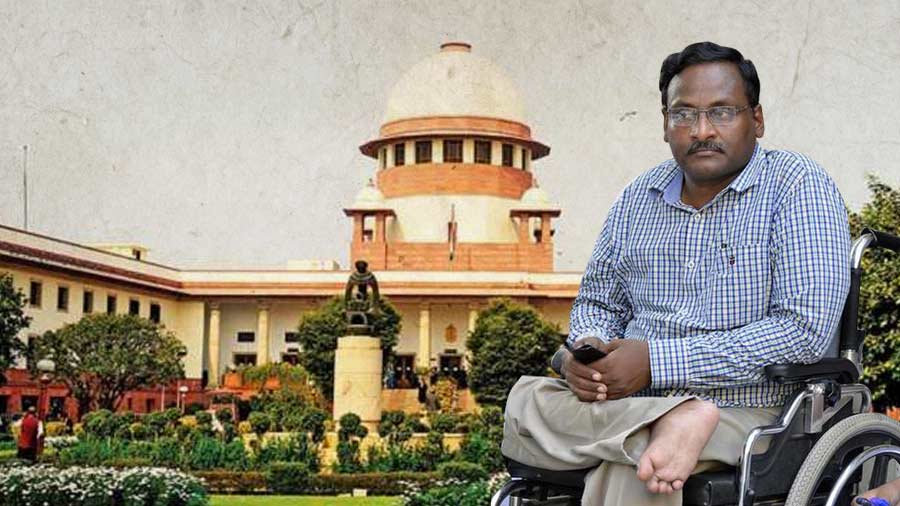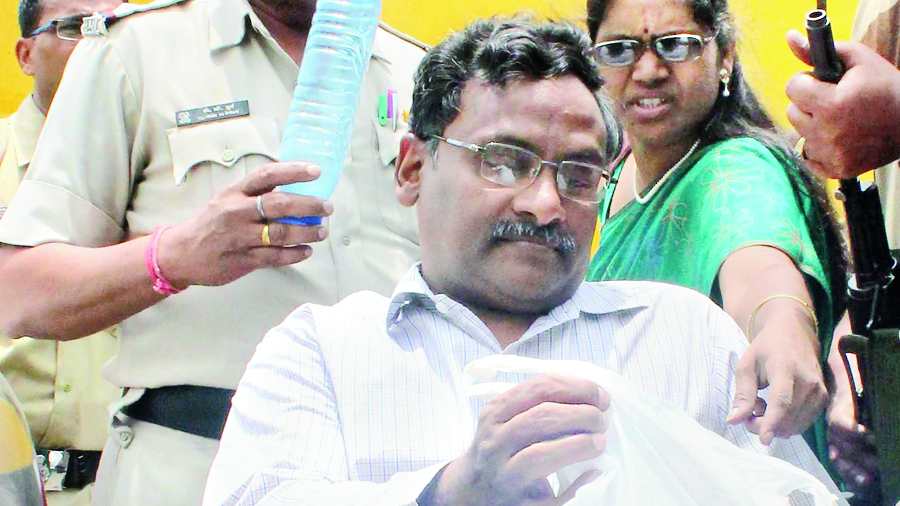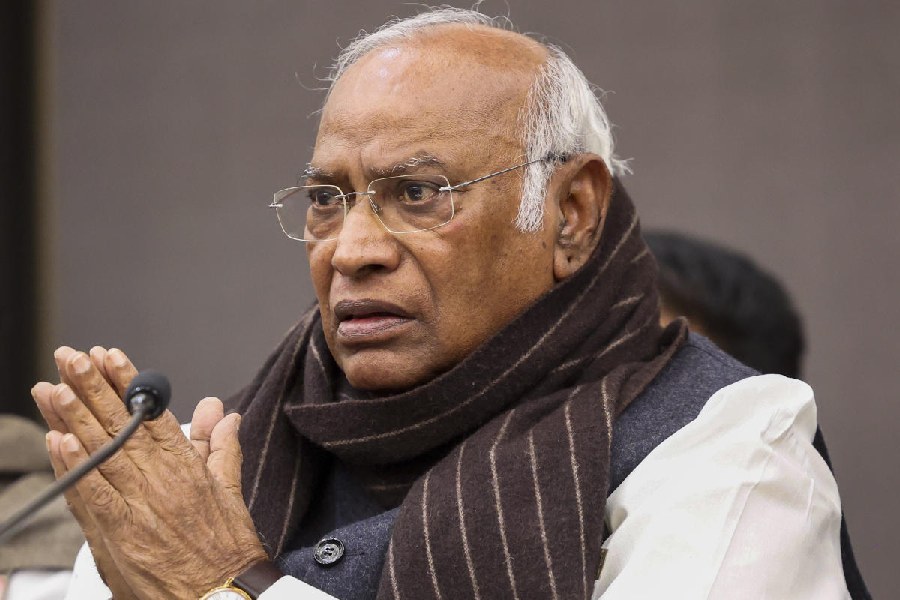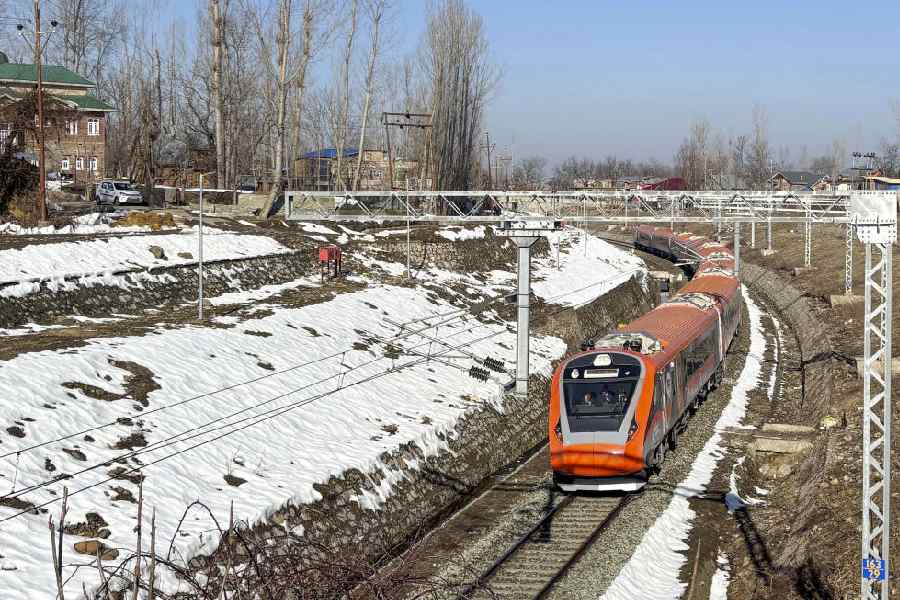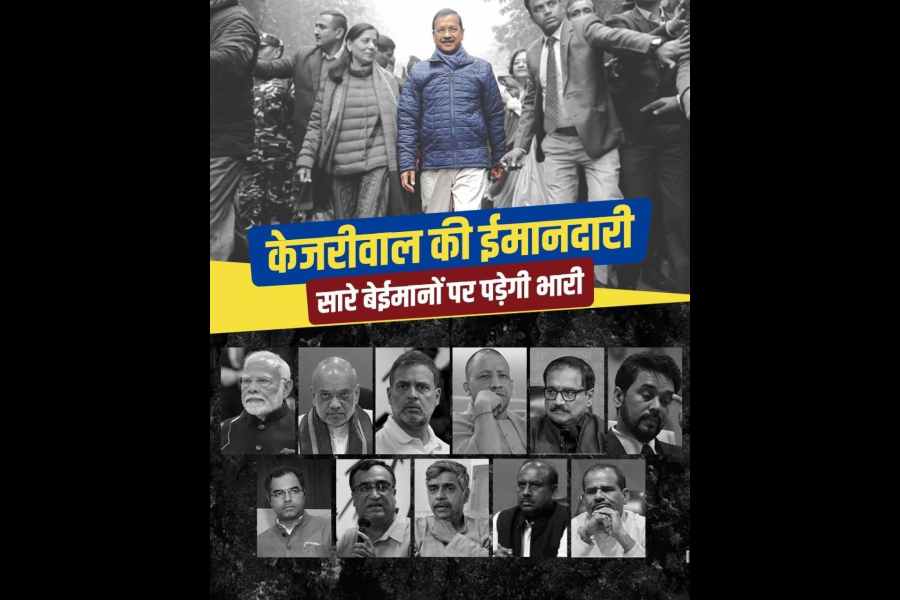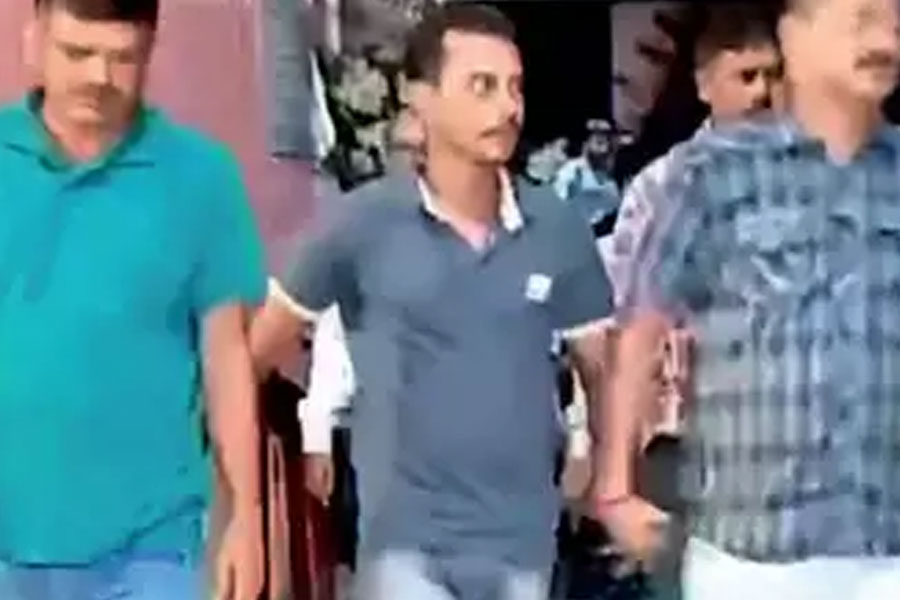The retired Supreme Court judge, Justice Madan B. Lokur, has described as “unprecedented” and “abnormal” the apex court’s recent order suspending Bombay High Court’s discharge of the paraplegic academic G.N. Saibaba in a Maoist links case.
Justice Lokur has asserted that according to his knowledge, the apex court’s October 16 order has no judicial precedent.
“In recent times, matters of custody have undergone a massive transformation. Those who should not be in custody are denied release and some even die in jail. Those who should remain in custody are released on the flimsiest of reasons and sometimes without any reason,” he has written in an article published in The Wire news portal.
The Nagpur Bench of Bombay High Court had on October 14 “discharged” Saibaba and four others.
The high court took the decision on the ground that the sanction to prosecute the former professor under the anti-terror law UAPA was "bad in law and invalid", and this had rendered the entire trial null and void.
However, the apex court ruled the next day that the charges against Saibaba and the others were “very serious”, and the convictions could therefore not be set aside on a mere technicality.
“Issues of personal liberty are not technicalities” but a matter of fundamental right, Justice Lokur has written.
He writes: “There are several reasons for these thoughts, one of them being that the suspension order in a case of discharge by the SC is unprecedented and, to the best of my knowledge, not supported by any previous order of the top court. Is this the beginning of another new abnormal?”
The former judge says it’s a matter of the fundamental principles of jurisprudence that special criminal laws like Tada, Pota, Mcoca and the UAPA mandate prior sanction from the competent authority before proceedings start against an accused.
Yet, he says, the trial court proceeded with the trial (without a valid sanction against Saibaba), and convicted and sentenced Saibaba and others to life imprisonment.
Justice Lokur writes that the conviction was rightly set aside and the accused discharged as the entire trial had become “null and void”.
He notes that Saibaba was arrested on May 9, 2014, after about eight months of the investigating agency conducting searches at his home. The competent authority had on February 15, 2014, granted sanction for prosecution against five accused. Saibaba was not one of them — he had not even been arrested at the time.
“This is important because it suggests that either there was no case against him or the evidence against him was thin. The next day, on February 16, a final report on the investigations against six persons was filed by the police before a magistrate. Saibaba was one of them, even though sanction for his prosecution had not been granted. The final report made allegations against the accused of having committed terrorist offences under the Unlawful Activities (Prevention) Act (UAPA),” Justice Lokur writes.
He notes that on April 6, 2015, an order was passed by the competent authority according sanction to prosecute Saibaba under the UAPA. But before the sanction order, charges had been framed against Saibaba and he had pleaded not guilty.
“The question is: Can a sessions judge take cognisance of an offence, frame charges against an accused person, record his plea and examine a witness without a sanction order permitting prosecution of an accused? You don’t need a law degree or too much imagination to answer that question,” Justice Lokur writes.
He then refers to Section 20A(2) of the Terrorist and Disruptive Activities Act (Tada) which says: “No court shall take cognisance of any offence under this Act without the previous sanction of the inspector-general of police, or as the case may be, the commissioner of police.”
Justice Lokur writes: “Plain and simple English. This does not need any paraphrasing and can be understood by anybody.”
He also refers to Section 50 of the Prevention of Terrorism Act (Pota); Section 23(2) of the Maharashtra Control of Organised Crime Act (Mcoca) and Section 45 of the UAPA, which mandates prior sanction from the government before cognisance is taken against the accused by the trial court.
“In other words, in the case of Saibaba, the court could not have taken cognisance of the offence alleged, charges could not have been framed against him, his plea of not guilty could not have been recorded and the testimony of PW-1 (prosecution witness) could not have been recorded. Quite clearly, the entire proceedings against Saibaba are null and void without the previous sanction to prosecute him,” Justice Lokur writes.
He says: “A case of discharge places an accused person on a stronger footing than an acquittal. But that is only temporary — since a fresh trial can take place in the case of discharge, but a fresh trial cannot take place in the case of an acquittal.”
Justice Lokur has also referred to the way the Maharashtra government’s appeal against the high court verdict was listed before the Supreme Court for hearing the very next day.
The former judge underscored that the state government’s appeal was filed and mentioned at about 4pm on October 14 before a bench of two judges headed by Justice D.Y. Chandrachud. The bench indicated that the matter would be taken up for consideration on October 17.
“An article or two suggest that the petition was then taken up for consideration before the registry and disregarding what was said by the bench, the registry listed the case for consideration on Saturday (October 15)…,” Justice Lokur writes.
“Even though Saibaba was convicted of terrorist offences by the sessions judge, Bombay High Court found the trial to be null and void. As such, he is today not guilty of any offence…. Why then should he continue in jail, even without taking all the health conditions into consideration? Due to his disabilities, he obviously cannot be a flight risk, he cannot influence witnesses because the ‘trial’ is over and there are no more witnesses to be influenced by him or by anybody else,” he adds.
“Why then should he continue to remain in jail? …Issues of personal liberty are not technicalities. Personal liberty is a substantive fundamental right guaranteed by Article 21 of the constitution. Thank God for that.”

